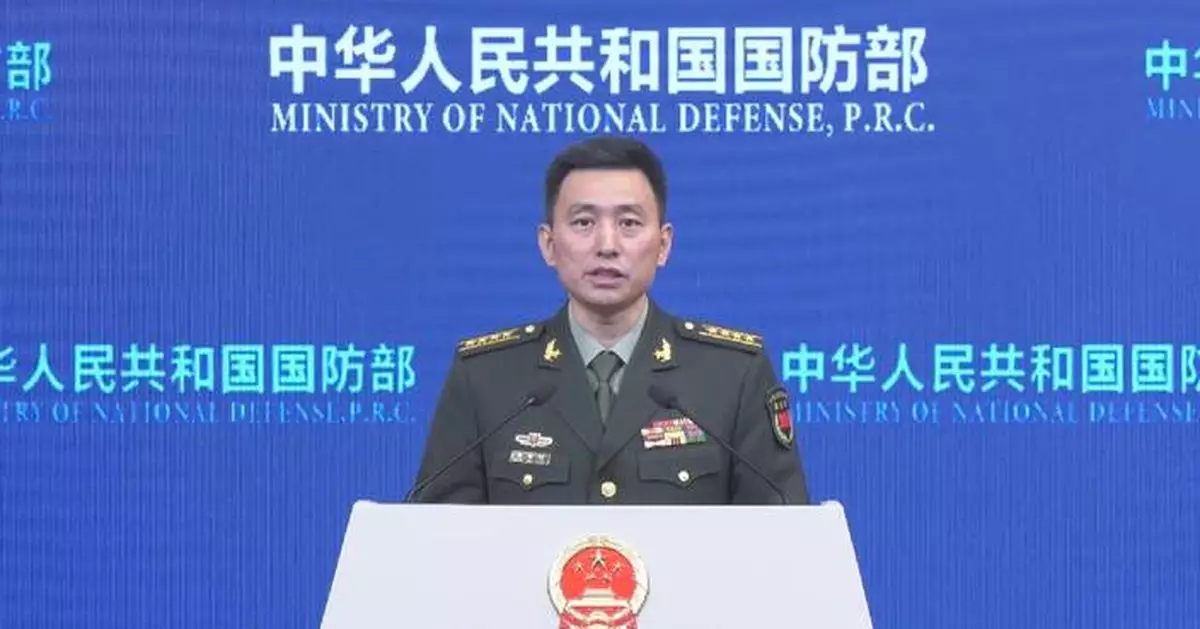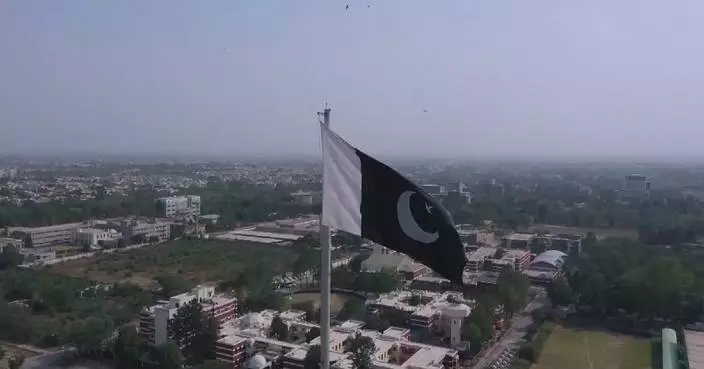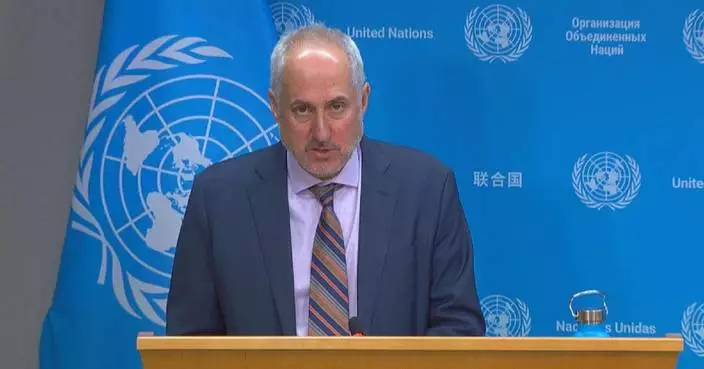A Chinese military spokesperson on Wednesday condemned a recent U.S. assessment report for its irresponsible remarks on China, saying that smearing China cannot help remove the U.S. label as the empire of hacking.
Zhang Xiaogang, spokesperson for the Ministry of National Defense, made the remarks while responding to a media query concerning the 2025 Annual Threat Assessment released by the U.S. Office of the Director of National Intelligence, which claims that China is the biggest military and cyber threat for the U.S., and that the Chinese military likely will use large language models for information operations to generate deceptive content.
The United States often accuses others of actions it itself has taken or is currently engaged in, Zhang said, adding that it is not only the main source of cyber attacks against China but also a well-known global cyber threat.
"From the case of WikiLeaks to the incident of Edward Snowden, from the 'Stellar Wind' surveillance program to 'Operation Telescreen' (the Bvp47 backdoor program), the U.S. has been doing whatever it wants to do in cyberspace, resorting to every extreme measure for surveillance, espionage and attacks, leaving behind a disgraceful and shameful track record," Zhang charged.
"Smearing China can not help remove the U.S. label as the 'empire of hacking'. We require the U.S. side to stop acting like a thief crying 'stop thief', cease cyberattacks against other countries around the world, including China, and act responsibly to ensure a clear and secure cyberspace for all of humanity," said the spokesman.
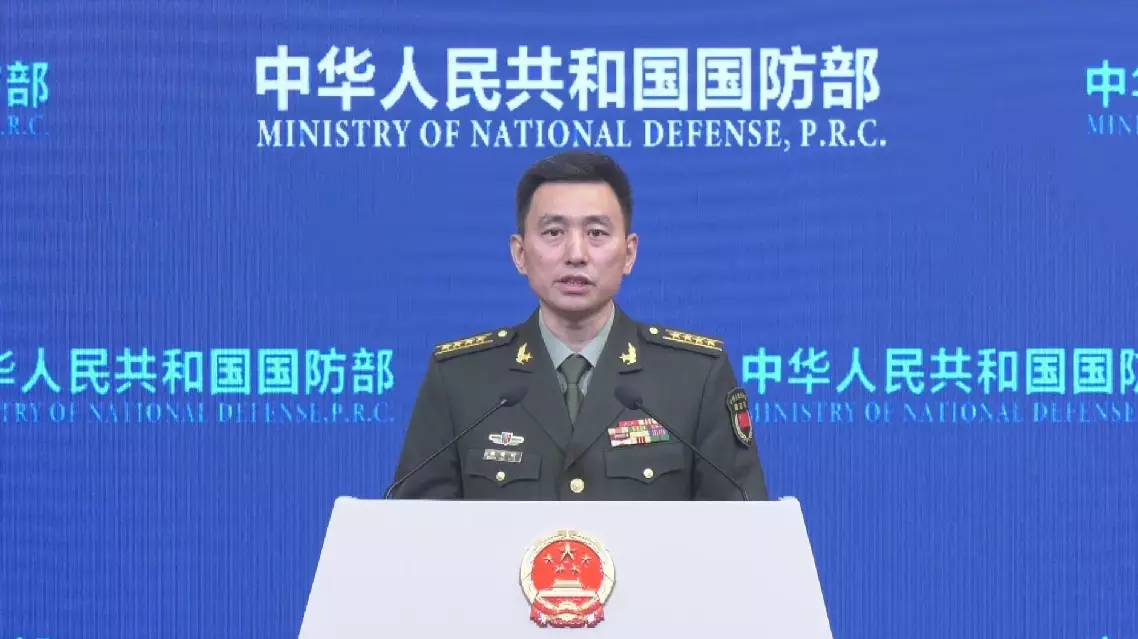
Smearing China cannot help remove U.S. label as empire of hacking: defense spokesperson
Tensions between Pakistan and India have forced many tourists to give up their trip to the famous Neelum Valley in the Pakistan-administered part of Kashmir.
Neelum Valley is vulnerable to military operations as it is located less than three kilometers away from the Line of Control, which is deemed the border dividing the India-controlled and Pakistan controlled parts of Kashmir.
Many tourists had to halt their trip at the popular Dhani Waterfall as local authorities issued a ban on entering the Neelum Valley, disappointing those who had long been eager for the tourist attraction and driven for hours to get there.
"Firstly, they shouldn't have let the tourists enter Kashmir from Kohala. It wasted a lot of their time. Now they are asking them to turn from the Neelum checkpost," said Mubashir Ali, a local resident.
The security concerns have also emptied guest houses and hotels in the valley, affecting local tourism and people's livelihood a lot.
Tensions between the two South Asian neighbors have escalated following a deadly attack on tourists in the India-controlled Kashmir town of Pahalgam on April 22, in which at least 25 people were killed, according to Indian media reports.
India has accused Pakistan of involvement in the attack, an allegation Pakistan has strongly denied.
On April 23, the Indian government announced several measures against Pakistan, including the suspension of the Indus Waters Treaty, border closure, and the expulsion of Pakistani personnel.
India's Ministry of External Affairs announced on April 24 that it would suspend all categories of visas for Pakistani nationals starting immediately, and advised Indian citizens against traveling to Pakistan.
In response, Pakistan announced countermeasures against India on April 24, including closing down the Wagah Border Post, suspending certain visa facilities for Indian nationals, declaring the Indian Defense, Naval and Air Advisors in Islamabad persona non grata, closing Pakistan's airspace for all Indian airlines, and suspending all trade activities with India.
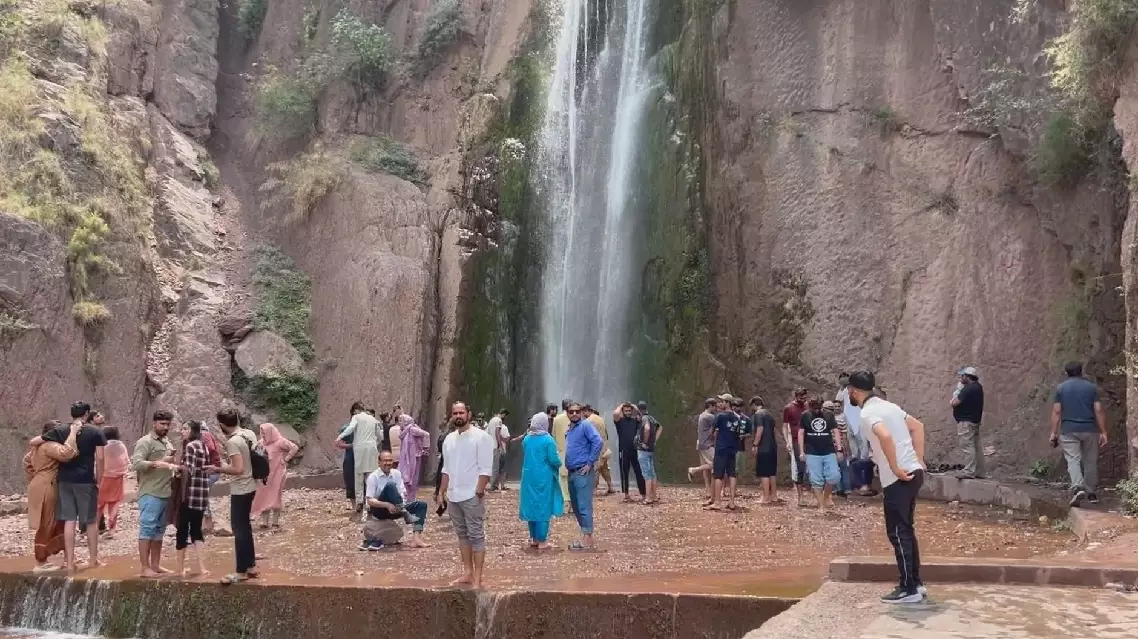
Pakistan-India tensions force tourists to give up exploring Neelum Valley



